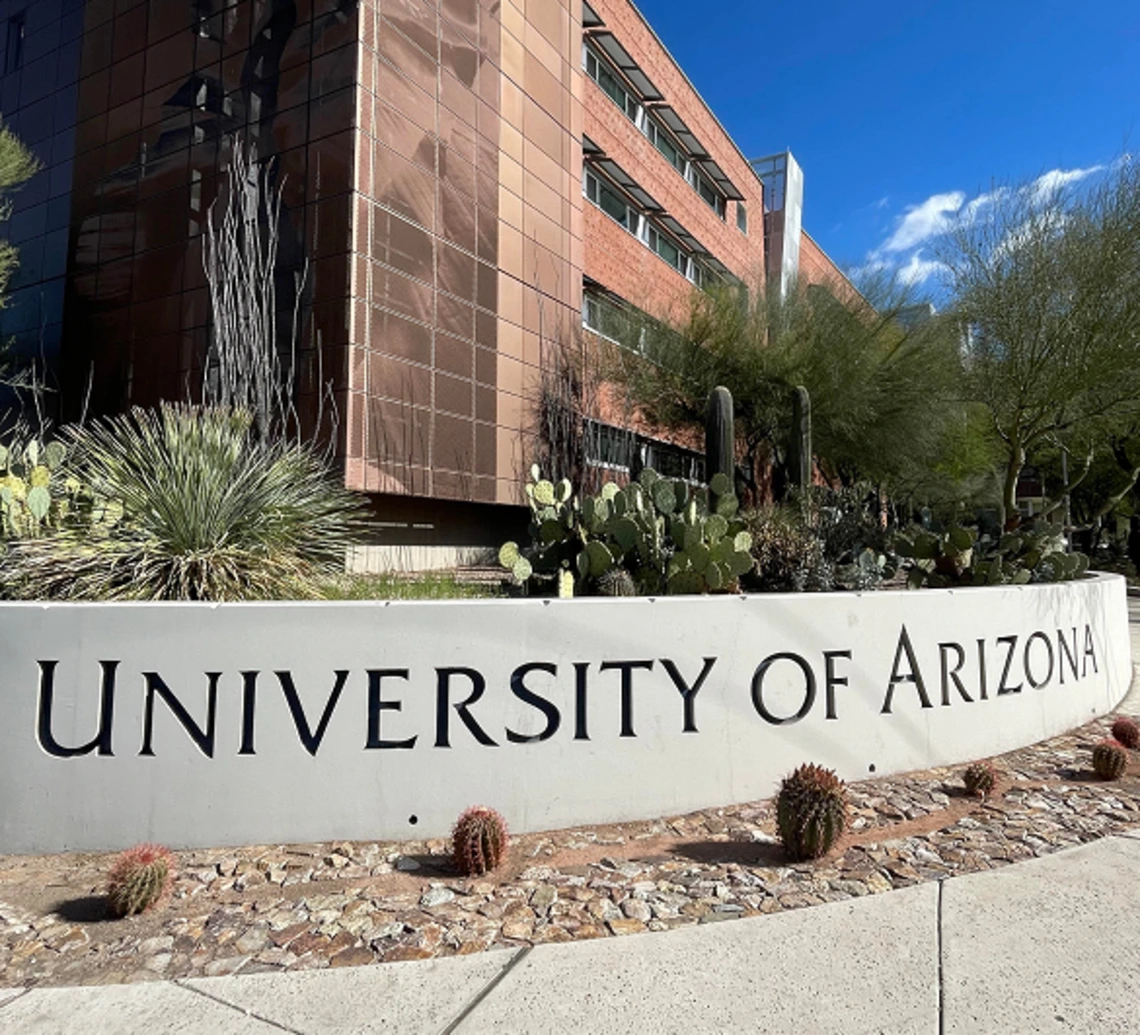Human Rights Practice Students Collaborate with Indigenous Global Land Defenders

This semester, the UArizona Human Rights Practice Program is sponsoring another in in a series of courses on Indigenous rights around the globe. The current course is focused on how the recent global trend for increased conservation areas has negatively affected Indigenous groups. Grounded in Indigenous epistemology, the course is exploring various alternatives to state-led conservation.
The course includes participation by Indigenous groups from three continents that will each lead one week about their communities, including the Benet people in Uganda, the Maasai in Tanzania, the Indigenous hill peoples from the Chittagong Hill Tracts in Bangladesh, and the Nasa (Paez) from Colombia.
University of Arizona students and the indigenous groups will be writing a white paper grounded in the perspectives of the people. The white paper will be a follow-up to an important report on this topic that the UN Special Rapporteur on the rights of Indigenous peoples submitted to the UN General Assembly in October.
The course is being co-led by Prof William Simmons, Director of the Human Rights Practice Program with Victoria Vertein and Paul Kilpatrick of Pima Community College. Also participating are attorneys that work with the UN Special Rapporteur, who is based at the University of Arizona College of Law. The full course description is below.
HRTS 596B: Cutting-Edge Advances in Human Rights -- Protected Areas and Indigenous Rights (Spring 2023)
While most of the major players on the world stage have praised the recent push for 30 percent of the earth’s land and sea to become conservation areas by 2030, Indigenous peoples have pushed back citing decades of human rights abuses stemming from similar but more local initiatives. Proponents of the 30 x 30 initiative cite its purported effects on climate change and biodiversity, but they too often neglect the experiences and knowledges of Indigenous peoples.
The UN Special Rapporteur’s (SR) 2022 report on protected areas added similar concerns with the Post-2020 Global Biodiversity Framework, the 2030 Agenda for Sustainable Development, and the push for a human rights-based approach in creating UNESCO cultural heritage sites. The SR José Francisco Calí Tzay stated in his report to the 77th session of the General Assembly in October 2022, “While the expansion of conservation is laudable, not enough assurance has been given to indigenous people that their rights will be preserved in the process.”
Abuses against Indigenous peoples in the name of conservation have included forced eviction, extra-judicial killings, widespread sexual violence, and persecution. Often states and business interests resort to what has been called green militarism or fortress conservation at great risk to Indigenous peoples who are physically prevented from access to their ancestral lands. Several Indigenous groups filed reports which informed the October 2022 report of the Special Rapporteur, and a significant amount of activism and advocacy is taking place. But the perspectives of Indigenous peoples continue to be sidelined in the rush to make conservation a reality.
This extremely ambitious and innovative course will be led in the most part by leaders of five indigenous groups from three continents who will take turns serving as the instructors each week. The UA students from this class will work with those communities and the extern support team of the Special Rapporteur to draft follow-up reports that show how recent global conservation efforts can lead to human rights abuses against Indigenous peoples. The teams will then develop an alternative vision of conservation that draws upon their Indigenous epistemologies. This experience will create a community of practice made up of students, community members, faculty, and the UN Special Rapporteur and his external support team that will then work in subsequent classes to further the cause of Indigenous peoples based on their needs.
Co-Sponsors:




